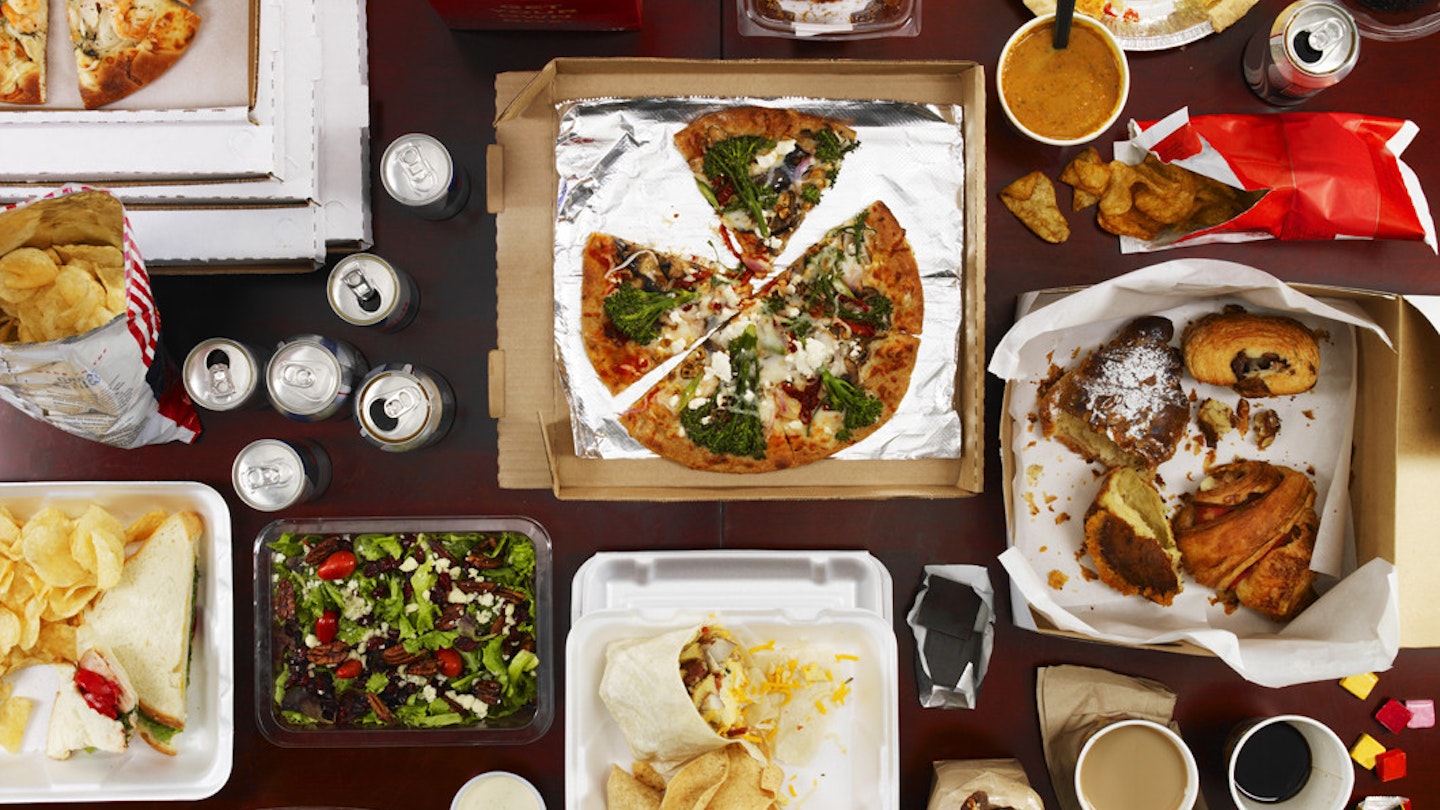The power of suggestion is a potent thing. In fact we’d hazard a guess that there are a fair few of you who have read about what a supermodel eats, then dashed out to stock up on their recommendations.
But, as a new study carried out by Cornell University reveals, our decisions about whether a dish is healthy or not are actually influenced by the appearance the particular person who presents the image of food to us.
For the study, published in the journal Health Communication, researchers showed participants pictures of ten dishes whose health value is "ambiguous", meaning they're not completely bad for you, but arguably not totally healthy either.
Some examples included: spinach salad with bacon and hard-boiled eggs, sliced beef with vegetables, a fruit-and-cheese plate, a black-bean-and-cheese quesadilla, and pancakes with blueberries and syrup.
Researchers showed each recipe along with a thumbnail image of the (supposed) cook. Half of the 230 participants saw a picture of a larger woman and the other half saw a photo of the same person after she had lost some weight. (They even gave the woman in the photo the same name on both counts).
And yes - you've guessed it - even though the dishes were identical, people who saw the woman when she was bigger rated the food as less healthy, than those who viewed the pictures of her after losing weight.
And - believe it or not - even when the researchers carried out a second round of tests including the nutritional information of the dishes, the bias. persisted.
All of which shows us that with more of us taking recipe cues from Pinterest, Instagram and food blogs, it's important to remember that there's more than meets the eye when it comes to nutrition.
Of course, not everything you eat has to be something that would make Gillian McKeith grin, but if you are looking to eat healthily, it's not always safe to assume that the picture with the most likes is the most saintly.
